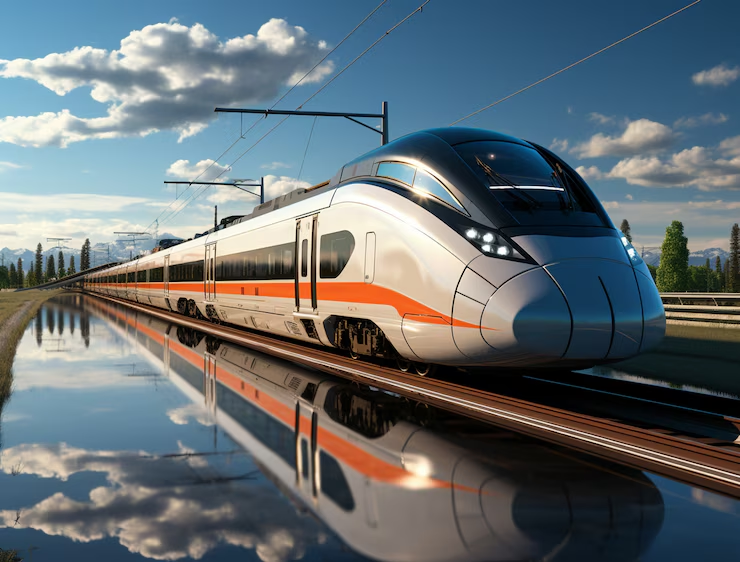Japan has gifted two state-of-the-art bullet trains to India, each valued at around Rs 300 crore, with the total donation worth Rs 600 crore (approx. 10 billion yen). The trains were offered completely free of cost, reinforcing the strategic and cultural partnership between the two countries.
This gesture is tied to India’s Mumbai-Ahmedabad High-Speed Rail (MAHSR) project, the nation’s first bullet train corridor, which is being developed with Japanese support.
What Does This Mean for India?
India is developing a 508-km high-speed rail corridor between Mumbai and Ahmedabad. Japan is already providing a soft loan for this project through the Japan International Cooperation Agency (JICA).
The gifted bullet trains are:
- Fully functional and built with Shinkansen technology
- Part of the initial rolling stock to test and train Indian railway staff
- A direct boost to India’s preparedness before the corridor becomes operational
Key Details at a Glance
- Total value of gift: Rs 600 crore (10 billion yen)
- Technology: Shinkansen E5 Series, used in Japan’s own high-speed trains
- Speed capability: Up to 320 km/h
- Purpose: Staff training, system testing, and track calibration
- Expected use: Mumbai-Ahmedabad bullet train project
Why Did Japan Make This Move?
Japan sees India as a long-term strategic partner in Asia. This donation goes beyond infrastructure—it symbolizes deeper cooperation and trust.
Here’s what makes the move significant:
- Japan is already funding 81% of India’s bullet train project via a 50-year soft loan
- The gifted trains show Japan’s commitment beyond financial aid
- It helps India meet tight project deadlines by accelerating trial phases
How Will India Use the Trains?
The two gifted bullet trains will be stationed at the Sabarmati Depot in Gujarat. They will be used for:
- Training drivers and engineers in real-time operations
- Trial runs on newly built tracks
- Testing safety and signaling systems before public launch
- Public demonstrations to build trust and awareness about high-speed rail
What’s Next?
India plans to begin trial runs on a 50-km stretch of the corridor by mid-2026.
Construction of the MAHSR project is progressing at a rapid pace, with over 250 km of pillars already erected. The full project is expected to be operational by 2028.
India-Japan Partnership in Numbers
- Japan’s total funding for the bullet train project: Over Rs 1 lakh crore (1.5 trillion yen)
- Interest rate: 0.1% annually
- Loan tenure: 50 years, with a 15-year moratorium
- Total trains planned: 24
- Gifted trains: First 2, now delivered for free
This move from Japan brings these questions to the forefront. With modern infrastructure and strategic partnerships, India is stepping into a new era of public transport.
Stay tuned as the bullet train dream comes closer to reality.


